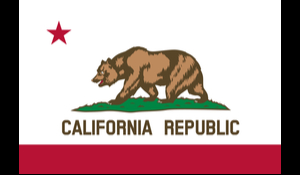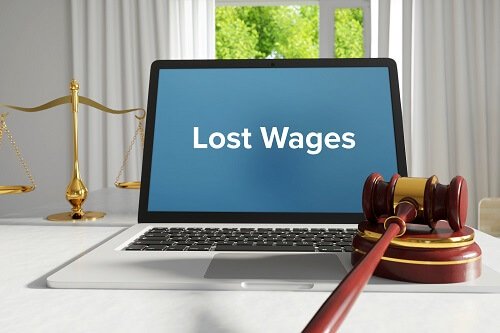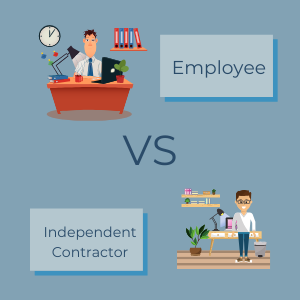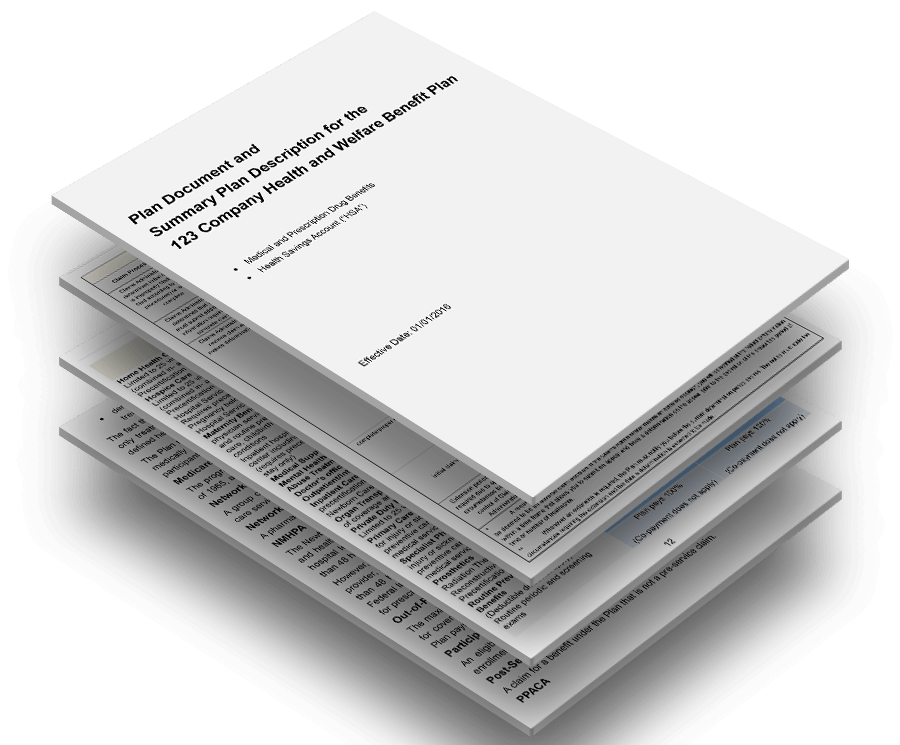COVID 19, Imminent Hazard to Employees, Closure, and Notice
On September 17, 2020, California Governor Gavin Newsom signed legislation (AB 685) authorizing the California Division of Occupational Safety and Health (division) to mandate the closure of, and prohibiting entry to, a workplace where the exposure to COVID-19 is an imminent hazard to employees. Closure is limited to immediate area where the imminent hazard exists. The division will provide an employer with a closure notice that it must conspicuously post in the workplace and only the division can remove it when the workplace is safe with the required safeguards in place. However, workplace entry is permitted, so long as with the division’s knowledge and permission, to eliminate the dangerous conditions. This COVID-19 imminent hazard provision is repealed on January 1, 2023.

























